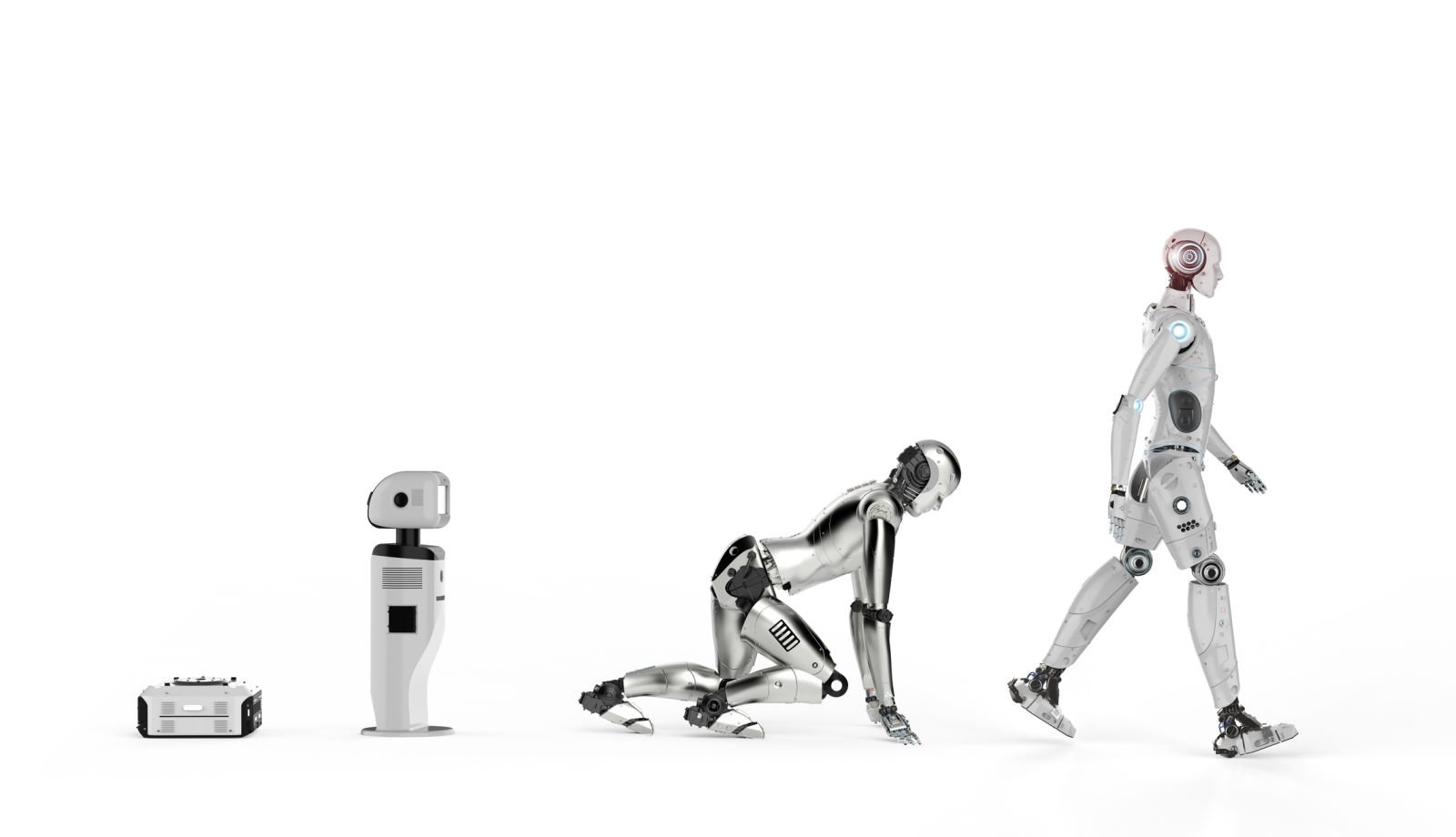The Evolution of Tech has consistently redefined how we live, work, and interact with our surroundings. From the industrial revolution to the digital age, technological progress has created opportunities and solved challenges, paving the way for a connected and efficient future. As we move forward, groundbreaking innovations such as artificial intelligence, quantum computing, and renewable energy are poised to shape the next era of human advancement.
How Technology Has Transformed Over Time

From the Industrial Revolution to Modern-Day Innovations
The Evolution of Tech introduced mechanization, changing how goods were produced and transported. The 20th century saw the digital revolution, bringing computers, the internet, and mobile technology that fundamentally altered communication and commerce.
What Drives Technological Evolution?
- Innovation: Creative solutions to complex problems.
- Demand: Societal needs for convenience, sustainability, and security.
- Investment: Substantial funding for research and development by private and public sectors.
5 Key Innovations Driving the Future

1. Artificial Intelligence (AI)
AI has grown from simple automation to systems capable of learning, reasoning, and improving over time.
Applications:
- Healthcare: AI assists in diagnosis and personalized treatments.
- Transportation: Autonomous vehicles and traffic optimization systems.
- Retail: Personalized shopping experiences powered by recommendation engines.
Future Impact:
AI will drive advancements in predictive analytics, robotics, and natural language processing, leading to more intelligent systems across industries.
2. Quantum Computing
Quantum computing harnesses the power of quantum mechanics to process data far faster than traditional computers.
Applications:
- Cryptography: Quantum encryption ensures secure communication.
- Drug Discovery: Accelerates research by simulating complex molecular interactions.
- Logistics: Optimizes supply chains and scheduling challenges.
Future Impact:
Quantum computing will transform industries by solving problems that are currently unsolvable, driving innovation in finance, healthcare, and engineering.
3. Internet of Things (IoT)
IoT is connecting devices and systems, creating smarter environments for homes, cities, and industries.
Applications:
- Smart Homes: Automates energy use, lighting, and security.
- Smart Cities: Enhances traffic flow, waste management, and resource distribution.
- Industrial IoT: Improves productivity through real-time monitoring and predictive maintenance.
Future Impact:
IoT will enhance connectivity and data-driven decision-making, improving efficiency and sustainability.
4. Renewable Energy Technologies
As the world moves toward sustainability, renewable energy technologies are transforming how we produce and consume energy.
Applications:
- Solar Power: More efficient and affordable systems for homes and businesses.
- Energy Storage: Advanced batteries store renewable energy for continuous use.
- Wind Energy: Large-scale wind farms contribute to clean energy generation.
Future Impact:
Renewable energy advancements will reduce reliance on fossil fuels and support global efforts to combat climate change.
5. Extended Reality (XR)
Extended Reality (XR), which includes Virtual Reality (VR), Augmented Reality (AR), and Mixed Reality (MR), is creating immersive digital experiences.
Applications:
- Education: Virtual classrooms and interactive learning tools.
- Retail: AR lets customers try products virtually before purchase.
- Entertainment: Engaging gaming and storytelling experiences.
Future Impact:
XR will merge digital and physical worlds, transforming industries like education, retail, and entertainment.
Economic Potential of Emerging Technologies

Projected Revenue Growth
| Technology | Estimated Market Value (USD) | Key Benefits |
|---|---|---|
| Artificial Intelligence | $1.2T+ by 2030 | Enhanced decision-making, automation |
| Quantum Computing | $100B+ by 2030 | Accelerated problem-solving, new solutions |
| Internet of Things (IoT) | $1.5T+ by 2030 | Connectivity, real-time insights |
| Renewable Energy | $2T+ by 2030 | Sustainable energy solutions |
| Extended Reality (XR) | $500B+ by 2030 | Immersive and interactive experiences |
Overcoming Challenges in Adopting New Technologies

High Implementation Costs
The development and deployment of new technologies require substantial investment in infrastructure, talent, and research.
Mitigation:
- Government subsidies for innovation.
- Public-private partnerships to fund research.
Data Privacy Concerns
Technologies like AI and IoT depend heavily on data, raising concerns about security and compliance with privacy regulations.
Mitigation:
- Implementing robust encryption and security protocols.
- Establishing strict data protection laws.
Skills Shortages
Rapid technological advancements require specialized skills that are often in short supply.
Mitigation:
- Expanding education and training programs.
- Promoting continuous learning and reskilling opportunities.
Looking Ahead: Technology as a Catalyst for Transformation

Embracing Innovation for a Brighter Future
The Evolution of Tech continues to break boundaries and shape the world in unprecedented ways. With innovations in AI, quantum computing, IoT, and renewable energy, the possibilities are endless. These advancements promise not only to improve efficiency and sustainability but also to address critical global challenges.
By fostering collaboration, investing in education, and addressing ethical concerns, we can ensure that technological progress benefits everyone. The journey of innovation is accelerating, and the next decade will bring opportunities that will redefine how we live and interact with the world. The future is not just about adapting to change—it’s about leading it.
